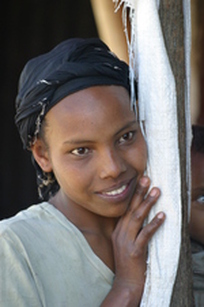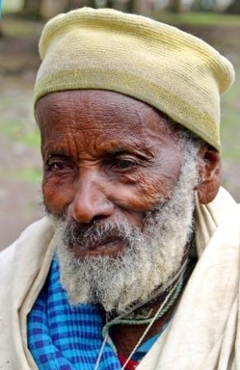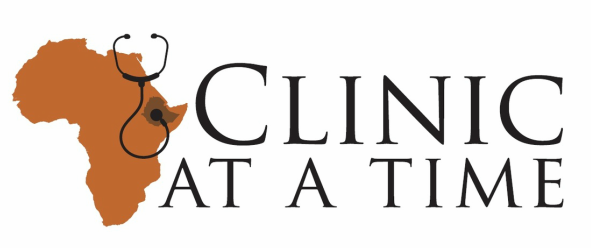Our Mission
CAAT works in close partnership with health clinics in Ethiopia. We enhance and expand existing facilities, deliver medical supplies to clinics serving the poor, and provide health education to professionals and communities in Northwestern Ethiopia.
Our Inspiration

The vast majority of illnesses and deaths in Ethiopia (as in other developing nations) are from entirely preventable causes. According to UNICEF, almost half of child deaths are due to pneumonia and diarrheal diseases. Measles, malaria, and complications from preterm birth also contribute to the high death rate. But these lives could be saved with some simple measures:
- Immunizing mothers against tetanus
- Clean infant delivery conditions
- Drying and wrapping a baby immediately after birth
- Promoting breastfeeding
- Treating infections with antibiotics
- Insecticide-treated bed nets to prevent malaria ($3 each)
- Vitamin A supplements to prevent blindness and death (2 cents each)
Our Goals
|
Short Term
|
Long Term
|
What Makes CAAT Unique

Our founder, Mulu, is an Ethiopian woman who grew up in the town of Bichena, Gojjam. She is an intensive care Nurse at St. Mary’s Hospital in Madison, Wisconsin and still has many family members and friends in Ethiopia.
Working from her home – with no paid staff and virtually no overhead costs – 100 percent of the donations collected for CAAT are put toward improving health conditions in Gojjam. Everyone working with CAAT is doing so on a volunteer basis. Because of her lifelong ties to the Gojjam community, Mulu works directly with regional government authorities, civic organizations and community volunteers in Ethiopia.
A committee of trusted and well-respected elders and experienced professionals in the area has been organized in Bichena to oversee the project’s execution closely. Projects for funding are selected based on cost, level of impact to the area’s residents as related to CAAT’s mission, and time needed for completion. Moreover, Mulu will make periodic visits to the area to personally oversee the progress being made. Updates on construction and other improvements are posted here and, at the completion of each project, its impact on the actual users of the services will be measured and documented.
CAAT is truly a unique organization. Because of Mulu’s personal connections to people in the region, and because of CAAT’s lack of “bureaucratic red tape” and expenses for office space and employees that that larger organizations must cover, donations to CAAT always have an immediate and direct impact on the health care needs of the people of Gojjam.
Working from her home – with no paid staff and virtually no overhead costs – 100 percent of the donations collected for CAAT are put toward improving health conditions in Gojjam. Everyone working with CAAT is doing so on a volunteer basis. Because of her lifelong ties to the Gojjam community, Mulu works directly with regional government authorities, civic organizations and community volunteers in Ethiopia.
A committee of trusted and well-respected elders and experienced professionals in the area has been organized in Bichena to oversee the project’s execution closely. Projects for funding are selected based on cost, level of impact to the area’s residents as related to CAAT’s mission, and time needed for completion. Moreover, Mulu will make periodic visits to the area to personally oversee the progress being made. Updates on construction and other improvements are posted here and, at the completion of each project, its impact on the actual users of the services will be measured and documented.
CAAT is truly a unique organization. Because of Mulu’s personal connections to people in the region, and because of CAAT’s lack of “bureaucratic red tape” and expenses for office space and employees that that larger organizations must cover, donations to CAAT always have an immediate and direct impact on the health care needs of the people of Gojjam.
